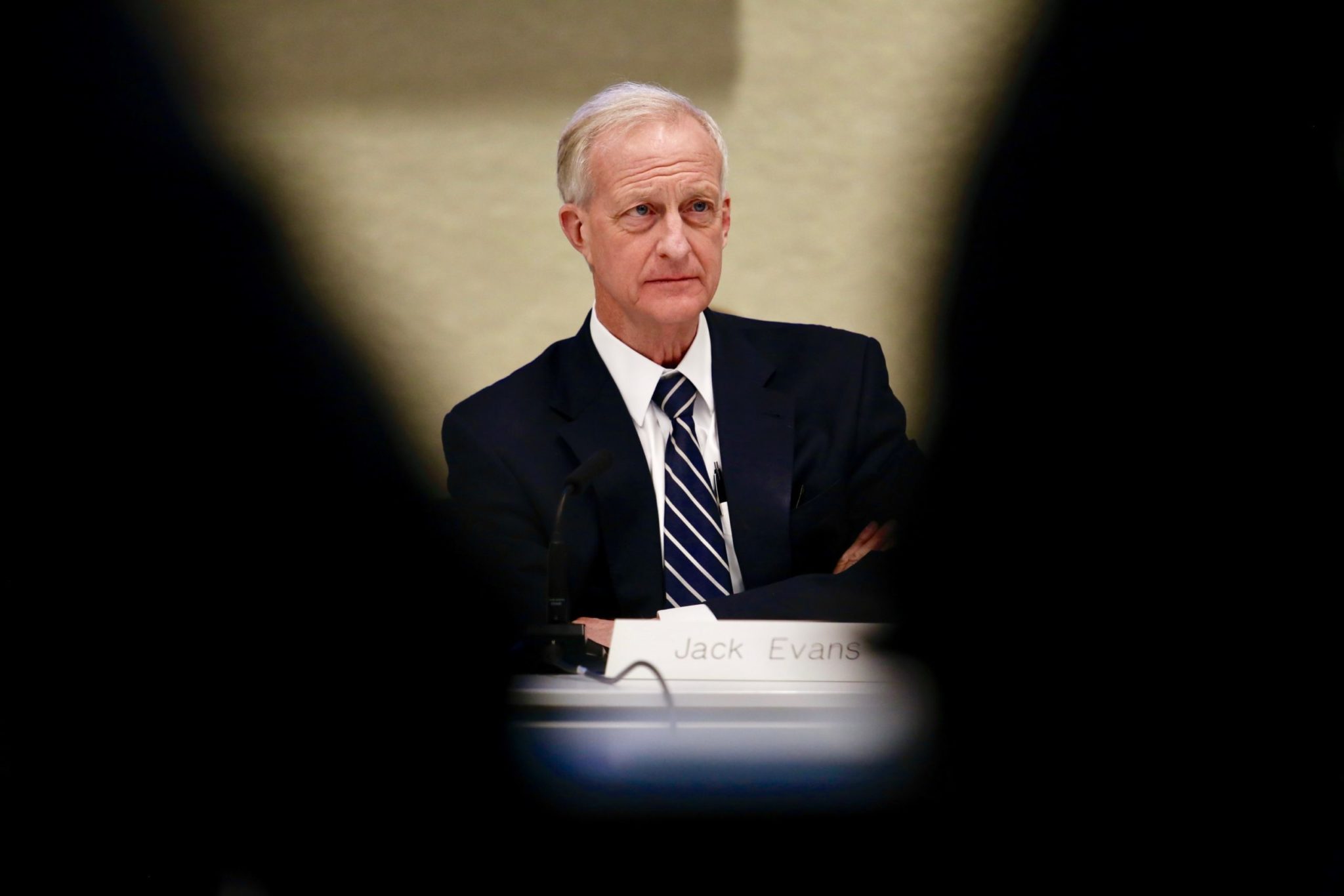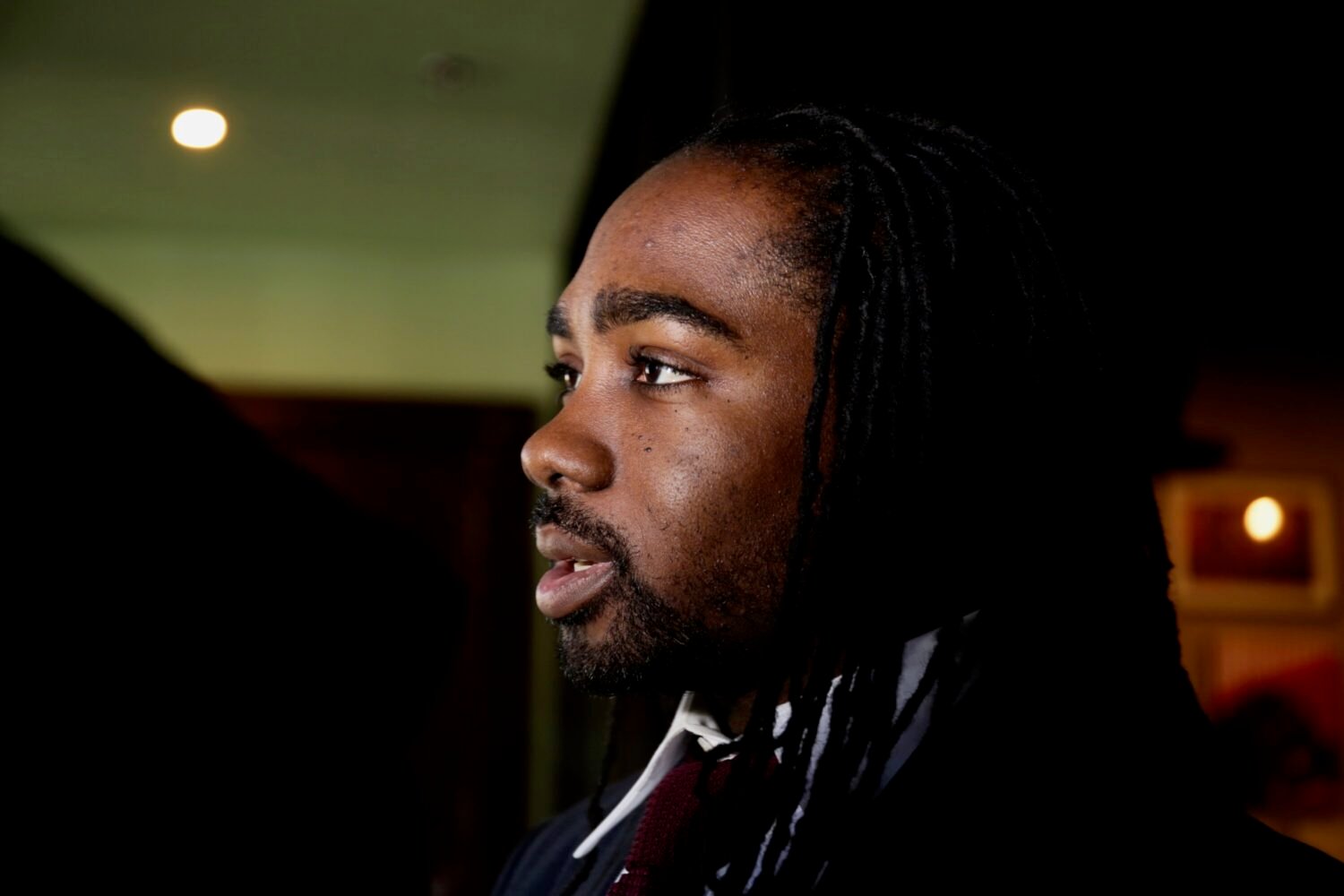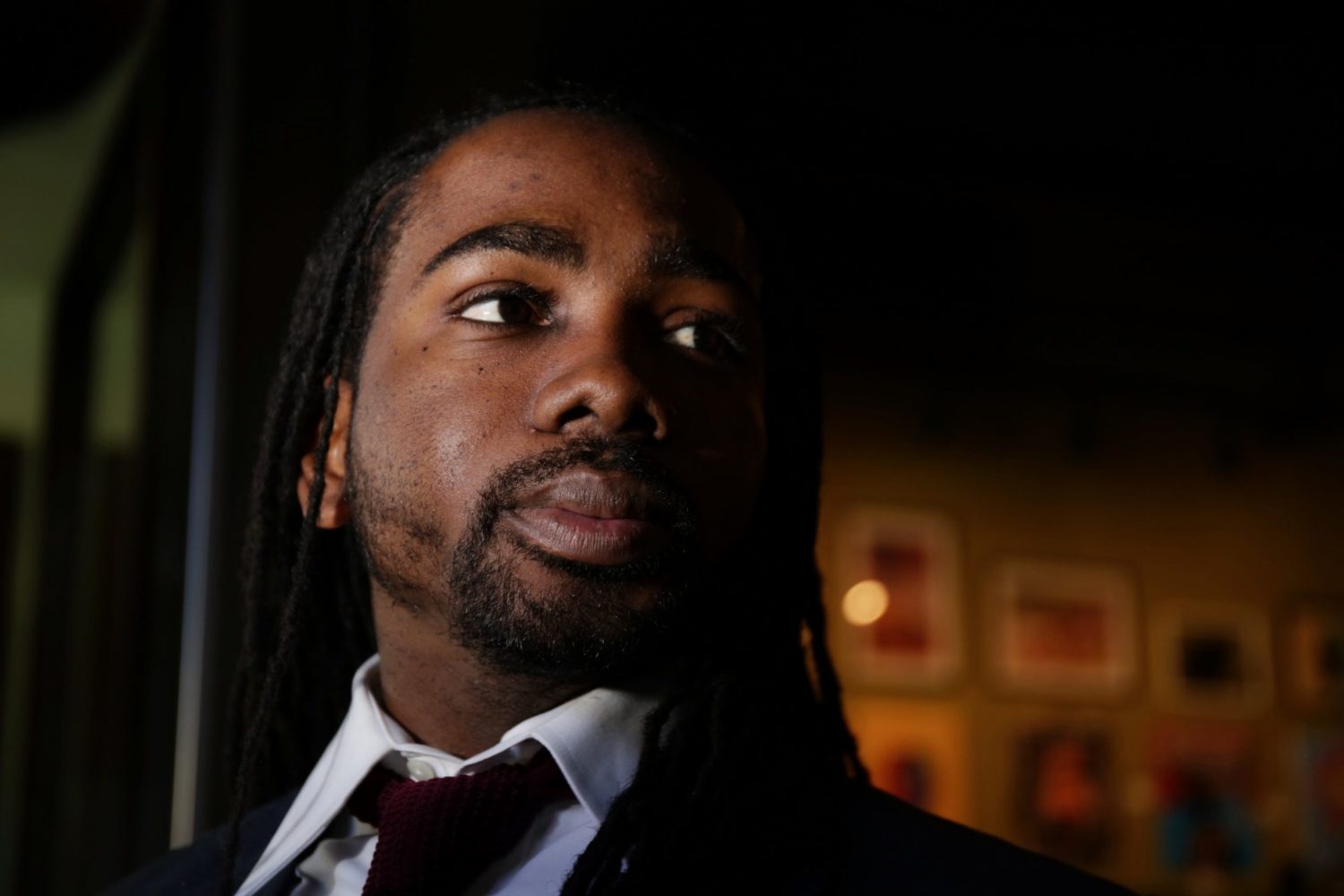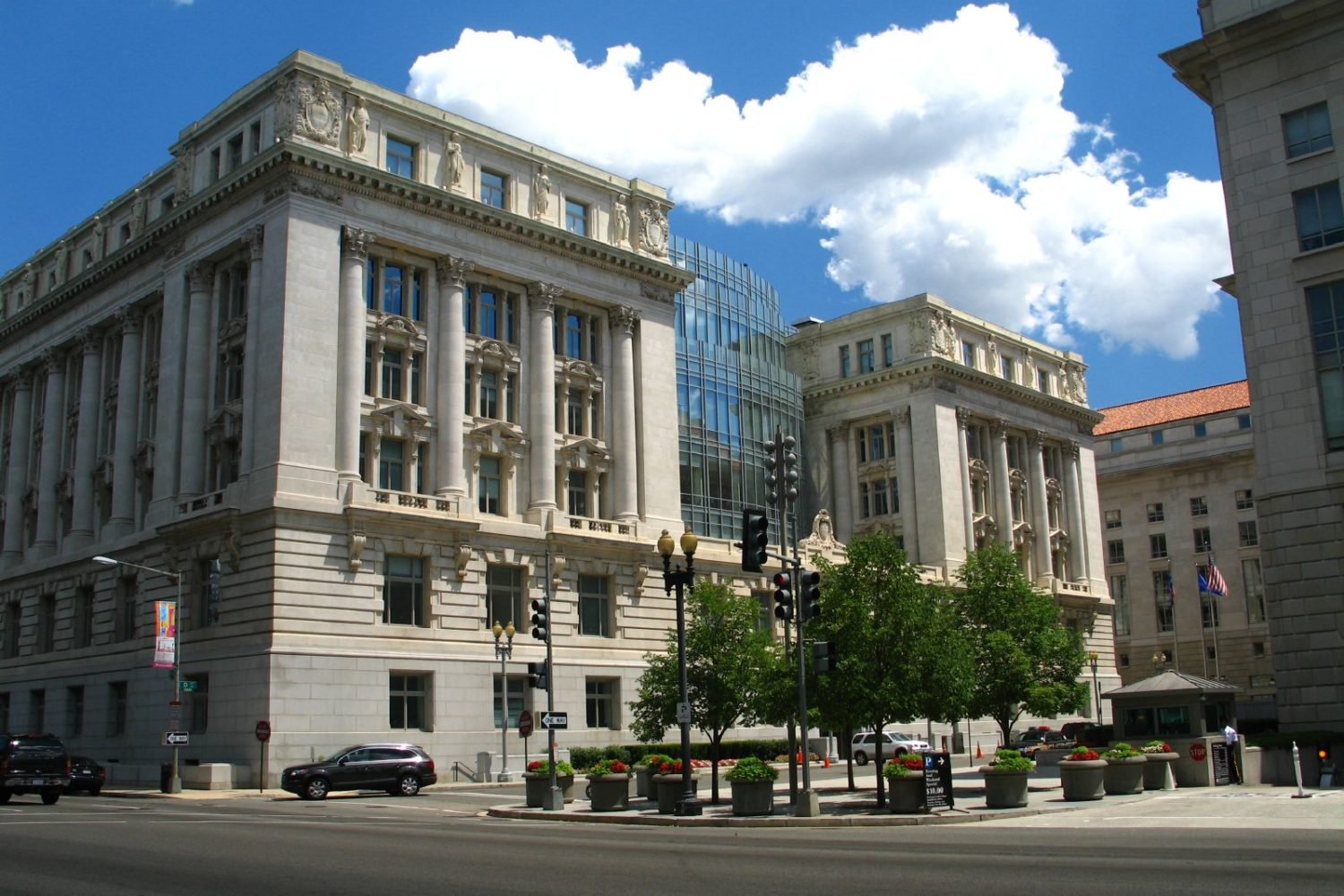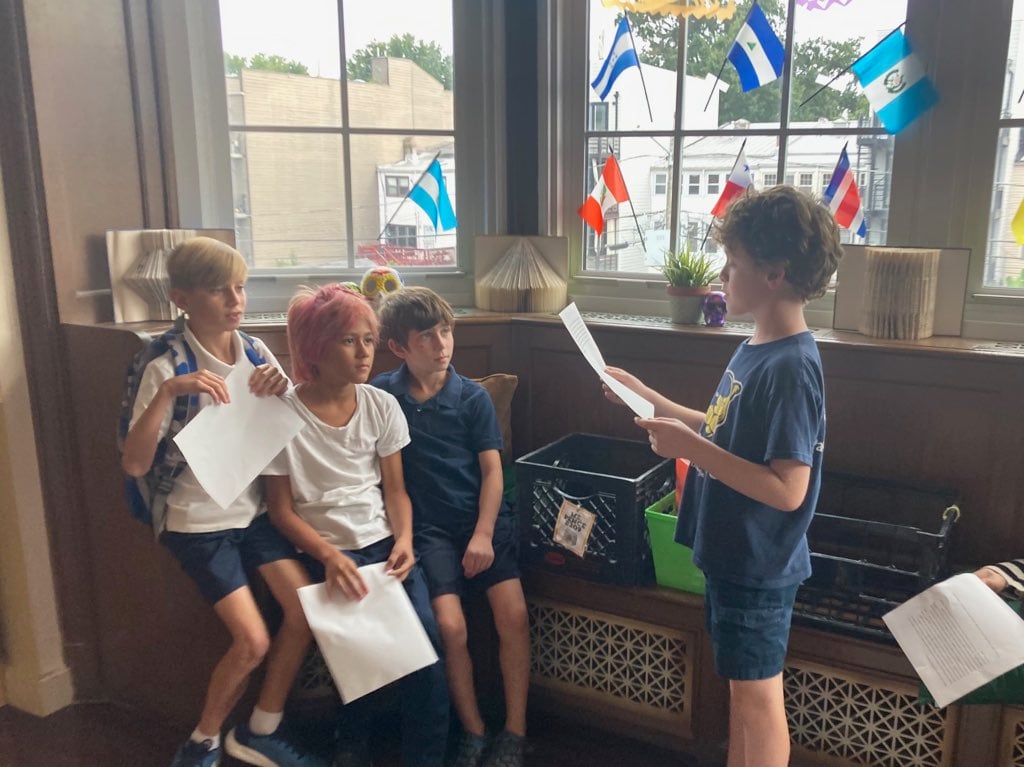Since December, Ward 2 Councilmember Jack Evans has been the subject of a high-profile ethics scandal following allegations he used his position as a public official to solicit business as a lawyer.
Today, members of the DC Council will vote on whether Evans will remain chairman for the Committee on Finance and Revenue, which is responsible for the city’s tax policies.
What gives? In a region of over six million people, a lot of folks might not know much about a guy who represents fewer than 100,000 of them. If you haven’t kept up with what’s been going on, here’s everything that’s occurred so far:
Who is Jack Evans?
Evans was elected to the council in 1991, making him the longest-serving DC Council member as his tenure approaches three decades. His ward includes most of downtown, the National Mall, and busy neighborhoods such as Dupont Circle and Georgetown.
Evans grew up in the coal town of Nanticoke, Pennsylvania. He attended the University of Pennsylvania for undergrad, and then the University of Pittsburgh for law school. He moved to the District in 1978, where he worked at the Securities and Exchange Commission and lived in Dupont Circle. In 1982, he was one of the founding members of Ward 2 Democrats, and went on to become a commissioner of his Dupont Circle Advisory Neighborhood Commission.
After three years of serving as treasurer of the DC Democratic Party, a position he once called “a completely thankless job,” he won a special election to the DC Council in April 1991. He was the voice of fiscal restraint when the city was as its fiscal nadir. The Post, among other local outlets, loved him for this.
His personal life quickly transformed, too. Three years later, he married Noel Evans. The next winter, the couple moved into their Georgetown row house, and Noel gave birth to a set of triplets. In September of 2003, Noel Evans died after a long battle with breast cancer at the age of 36.
What was his reputation as a legislator?
As a councilmember, Evans quickly developed a reputation as a pro-business, well-liked legislator whose allies and friendships ran deep into the city. Evans won reelection seven times, supported by a constituency including affluent Georgetown homeowners, downtown corporations and law firms, and the gay communities that populate Dupont and Logan circles.
Evans also ran for DC mayor twice, losing both times. He came in third during his first campaign in 1998, where he ran to replace Marion Barry. (Another reform-minded candidate, Anthony Williams, was the winner). His second campaign in 2014 drew more than one million dollars in funding, which received heavy criticism. Evans came in fourth with five percent of the vote.
All the while, Evans continued to work as a lawyer. In 2001, he joined the lobbying powerhouse law firm Patton Boggs, where he made an additional salary of $190,000 on top of his Council salary of $132,000, Washington City Paper reports.
So you’re saying he also worked as a lawyer the whole time? Is that really allowed?
District law allows councilmembers to hold full-time jobs outside of their positions as council members. Despite this, only two out of 13 councilmembers pursue outside work.
Evans spent nearly 14 years at Patton Boggs as a lobbyist, putatively on federal issues. After the firm merged, he joined Manatt, Phelps & Phillips, a firm that regularly lobbies city hall, where he stayed until 2018.
In 2016, he established his private consulting firm, NSE Consulting.
The only other councilmember to pursue outside work is Ward 3’s Mary Cheh, who teaches constitutional law at George Washington University.
Has that outside work gotten him in trouble before?
Rivals regularly criticized Evans’ service to Patton Boggs, a firm that represented powerful interests, but he never found himself in real trouble.
However, during Evans’s time at Manatt, the firm also represented two nuclear giants Exelon and Pepco. In 2015, the two groups merged and needed approval from federal regulators and the District of Columbia. The DC Council was the deciding vote, and Evans was one of the seven councilmembers who wrote a letter encouraging the merger. His first day at Manatt was two weeks prior, and his colleagues on the council were unaware of his outside tie to the groups.
“Pepco’s fingerprints are all over it,” Cheh said at the time. “[Pepco’s influence] runs through our entire government.”
How did his current troubles start?
In December 2018, the Post reported that the NSE Consulting received 200,000 shares of stock from Digi Outdoor Media, a digital sign company with which Evans had a number of ties, shortly before Evans introduced legislation that would have benefited the company.
Evans founded NSE Consulting at the same time Digi tried to break into the market. Digi was placing huge, brightly-lit LED signs around the District, even after the DC Attorney General Karl Racine filed a complaint saying the company had “no sign permits to do so.”
A month after NSE Consulting received the stocks from Digi, (worth an estimated $100,000), Evans asked the council chairman to establish an emergency legislation that would have allowed the company to install their signs around DC commercial centers.
According to the Washington Post, Evans said “the stock certificate was returned to Digi as soon as it was received”. The emergency legislation never passed.
This spring, the Post reported that Evans had repeatedly emailed law firms that represent interests before the city government, offering to use his influence as a city lawmaker in an apparent effort to solicit work. The report sparked a fresh round of outrage.
He was also on the Metro board? What does that job do?
Evans was appointed to the Metro Board of Directors as the Principal Director in 2016. He previously served as the Council’s representative to the board from 1992-1999. As Principal Director, Evans had executive oversight power over the quality and integrity of the WMATA’s internal controls, including contracts, a function of significant relevance to business interests.
Last month, Evans resigned as chairman of the WMATA board after the Washington Post released a private 20-page memo outlining how Evans violated the transit agency’s ethical code by failing to disclose personal and consulting relationships to the board.
In Evans’s departure speech, he accepted an award and gave a list of his top ten accomplishments, including securing funding for the region and “getting the system back to safety and reliability.” He has since been replaced by Virginia board representative Paul Smedberg, who hopes to restore rider confidence.
So what happened after the first reports of scandal?
Many, including Evans’ colleagues, have since argued he shouldn’t use his position as a public officer for private gain.
Phil Mendelson, the chairman of the DC council, said “it is imperative that public officials maintain high ethical standards. Public trust is critical.”
Cheh, who served with Evans on the council for 12 years, told the Washington Post she felt “a deep sense of betrayal” after the WMATA memo was released.
Maryland Governor Larry Hogan called for Evans to be removed from the WMTA board in May, calling him “ethically compromised.” He tweeted that Evans leaving the board was “the only way Maryland—and the entire region—can truly move forward.”
Jack Evans did the right thing to step down as @wmata chairman, but he is so ethically compromised that he should resign from the board altogether. That is the only way Maryland—and the entire region—can truly move forward. https://t.co/P0Th4eriCc
— Governor Larry Hogan (@GovLarryHogan) May 23, 2019
Mayor Bowser has long considered Evans a close ally and notably withheld comment when Evans’s scandals first surfaced. However, on Friday Bowser called on Evans to step down as chairman of the finance committee.
Local activists have also started a “Sack Jack” campaign. Their website, sackjack.org, says the council’s intentions sofar have been a “good first step, but it is not enough.” The site directs users to a petition they can sign, which asks Mendelson, Bowser, and all members of the DC Council to not only remove Evans from the council, but to “launch and independent investigation.”
But what have the investigations found?
The 20-page memo was released as a part of a private investigation led by the Metro Board Ethics Committee, who hired the law firm Schulte Roth & Zabel to determine whether Evans was pursuing personal interests at the cost of the transit group.
While the memo describes several violations, including Evans’s relationship with Digi Media, the committee concluded Evans only committed a single violation: his failure to disclose his private relationship with his friend Rusty Linder, and Linder’s company, Colonial Parking. As a result of a private consulting campaign with Colonial against the competitive parking group Laz Parking, Evans made a personal profit of $50,000 per year.
“The evidence uncovered through our investigation demonstrates that Evans’s ethical violations occurred not by accident, but ‘knowingly,'” the memo said.
Evans served on the WMATA for four and a half years, including nearly a year spent as chairman.
If a outside law firm was investigating, why did the FBI show up at his house?
In addition to the WMATA investigation, Evans is also the current subject of a federal grand jury investigation into his relationship with outside clients, according to the Washington Post. The day after Evans resigned from the Metro board, FBI agents raided Evans’s Georgetown home.
Agents searched through Evans’ cell phone, iPad, and children’s computers, although it’s unclear what they were looking for. The boxes agents carried out of his home? Evans alleges they were “almost entirely empty.”
Evans apologized to the DC Council last week, but it didn’t go well, right?
Last Tuesday, Evans asked his “constituents, [his] colleagues, and the people of Washington DC to put this into proper perspective.” He stressed that actions like stripping him of his position as chairperson for the Committee on Finance and Revenue should happen after all outside investigations have concluded.
Many colleagues have abandoned his cause, and at-large Councilmember Robert White and Ward 5 Councilmember Kenyan McDuffie didn’t even bother attending Tuesday’s meeting because their Ward 2 colleague was not under oath, the Washington Post reports.
At-large Councilmember David Grosso released a statement Monday saying it was in the “best interest of the Council and the residents of DC that Jack Evans resign.” He is the first councilmember to call for Evans’s resignation.
What are the possibilities for what could happen this week? Why doesn’t he just quit?
On Tuesday, Mendelson will ask the council to approve a measure that would remove Evans of his chairmanship on the finance committee. Mendelson will also offer a resolution that authorizes an additional, council-appointed investigation into Evans’s conflicts of interest.
Until all the results from every last investigation are revealed, Evans shows no sign of resigning from the council. He told the group on Tuesday, “When all is reviewed and known, you will see my actions—while not becoming—are far from that which has been reported or suggested.”
Looking toward 2020, five challengers hoping to unseat Evans have announced their candidacies.

